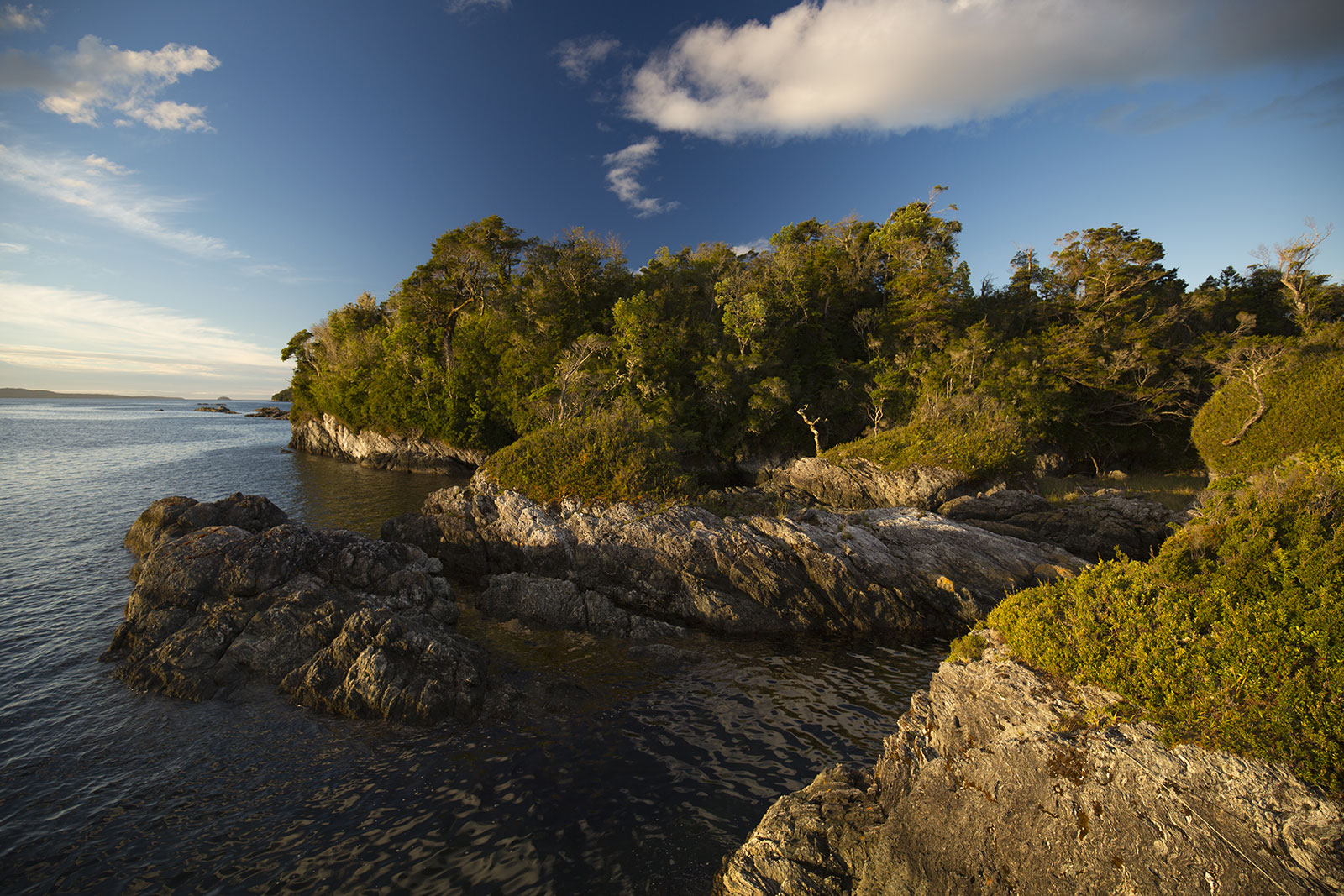
This initiative represents a synergic effort between the academic sector, through the Academy of Protected Areas of the Austral Patagonia Program – Universidad Austral de Chile (UACh) together with the Center for Continuing Education, and different civil society organizations dedicated to marine conservation, nucleated in the Forum for the Conservation of the Patagonian Sea and Areas of Influence.
These are WWF Chile, WCS Chile, Fundación Vida Silvestre Argentina and PEW, which since 2015, within the framework of the Forum, have been promoting the School for the Management of Marine Protected Areas (MPAs); an instance of continuous training through different initiatives, which has resulted, among other things, in the formation of a regional learning network.
It is also expected that this training – which will include a practical module of field application in the city of Puerto Montt – will lay the foundations for the launch of a diploma course that is planned to be taught at the UACh in 2024.
“With this course we seek to address a critical aspect for strengthening the effective management of MPAs in the Patagonia landscape, associated with the goal that by 2030 there should be 30% protection and that these areas should be managed effectively,” explains María Elisa Arroyo, coordinator of Protected Areas and Communities at WWF Chile.
César Guala, director of the Austral Patagonia Program of the Universidad Austral de Chile, adds: “We are happy to be part of this initiative, and we hope that it will be an enriching course that will provide the tools to continue advancing in important issues such as MPA management.”
Governance and marine protected areas
The course promotes an approach to MPA management that considers the rights, competencies and aspirations of local social groups. It aims to promote a governance and management policy model that will allow an adequate response to the diversity of interests and jurisdictions that converge in marine protected areas.
Let us recall that MPAs are natural spaces destined for the protection of the marine environment, ecosystems, communities, species, or geological elements. There are different categories of MPAs, ranging from strict reserves or parks that do not allow the exploitation of resources to multiple-use reserves, where the management plan defines and orders the development of various uses.
These are markedly particular and dynamic environments that unfailingly require the development of adequate management skills on the part of the personnel in charge of their management.
“This is a unique opportunity. As a member of NEMA – Environmental Education and Monitoring Nucleus, an NGO that is part of the Forum and has been working for more than 30 years to create protected areas in Brazil – the training on MPA governance issues is an opportunity for us to continue seeking to protect biodiversity and represent society in the best way possible in these important areas,” said Carlos Eduardo Rocha from Brazil, one of the professionals taking part in this course.
Erika Silva, a professional from Chile’s National Fisheries and Aquaculture Service, the entity in charge of the country’s Marine Parks and Marine Reserves, commented: “The first thing is to establish the governance of the protected area in a participatory manner, in order to subsequently implement the General Management Plans for the areas.”
Silva, who has participated in other courses previously given by the School for Managers, emphasizes that: “These trainings integrate theoretical learning and its practical application in MPA cases, in addition to the exchange of experiences among students from different institutions and countries that have participated in previous years.”